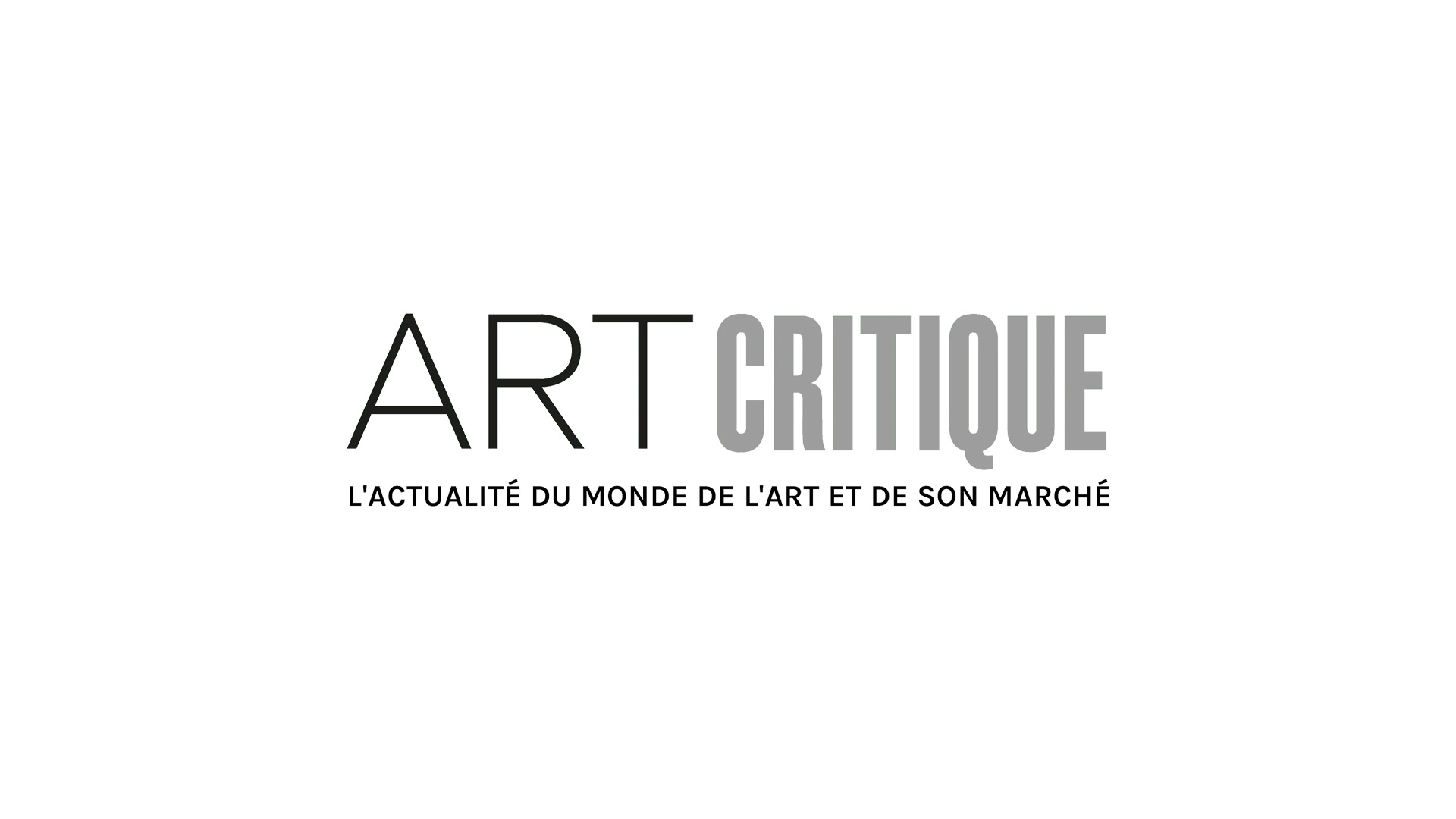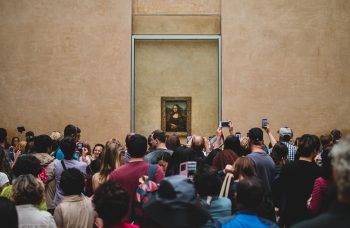On July 15th, Ahdaf Soueif, a writer from Egypt, resigned from the British Museum’s board of trustees through an article she published through the London Review of Books. Having served since 2012, Soueif cited the museum’s ongoing relationship with BP, its lack of stance on restitution, and the treatment of its workers as her reason for resigning. ‘I was sad to resign,’ said Soueif in her announcement, ‘sad to believe that it was the most useful thing I could do.’
In her announcement, Soueif outlined what she called her ‘cumulative response’ to the museum’s choices offering specific examples dating back to 2016 for each of her grievances. Her letter also stated:
Public cultural institutions have a responsibility: not only a professional one towards their work, but a moral one in the way they position themselves in relation to ethical and political questions. The world is caught up in battles over climate change, vicious and widening inequality, the residual heritage of colonialism, questions of democracy, citizenship and human rights. On all these issues the museum needs to take a clear ethical position.
Regarding the museum’s ties to BP, she believes that the museum could find the funding provided by the global oil company elsewhere if they were to seek it out. Soueif also condemned the special relationship BP is allowed to maintain with the museum for their funding, which she sees as the museum not wanting to rock the boat, so to speak, with the business community. Soueif goes on to criticize the museum for how they have handled employees in the past. She cited that in 2018, only 60 of the 138 museum staff who were managed by Carillion, a now bankrupt organization, since about 2013 remained. Moreover, she pointed out that other places, like the South Bank Centre and the Historic Royal Palaces rehired those pushed out by Carillion. However, according to Soueif and despite her efforts, the British Museum did not reach out to employees who were let go during the process. Finally, Soueif used the 2018 report commissioned by French president Emmanuel Macron to emphasize her issues with the British Museum’s refusal to choose a side or create more of a dialogue with countries whose plundered items line the museum’s stores and wings.
Soueif recognizes that there is a divide between the frustrating inner workings of the museum from an ethical and moral standpoint; however, she points out that on academic, curating, and researching fronts, the museum continues to produce stellar exhibitions and information. Thus, her frustrations are primarily aimed at the mechanics of the museum and these frustrations drove her resignation.
Richard Lambert, chairman of the British Museum’s board of trustees, told The Art Newspaper in a statement that Soueif’s resignation came just before their July 4th trustee meeting. ‘Ahdaf has made a significant contribution to the board in all its endeavours and discussions,’ said a museum spokesperson. ‘[she] has played a crucial role in deepening the British Museum’s engagement with Egypt and the wider Middle East, and with audiences and partners throughout the world.’





